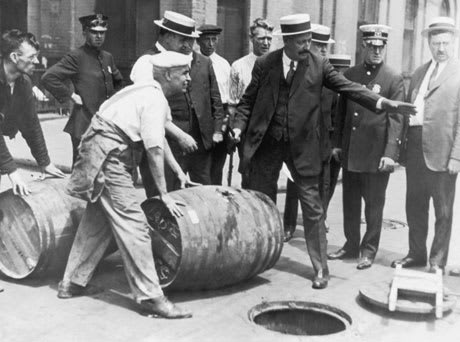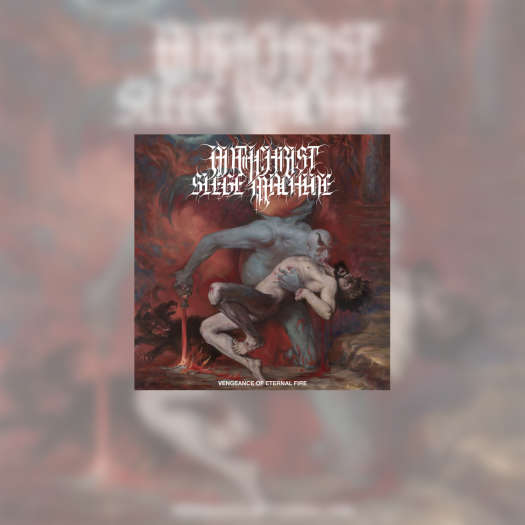Here's a quick primer on the history of prohibition: some people thought getting drunk was a bad idea. They managed to gain enough political power to amend the U.S. constitution, banning alcohol. Those who didn't want to drink didn't have to. Those who wanted to found a way. There, I've just saved you six hours. Okay, all flippant kidding aside, prohibition, or more properly, the ratification of the 18th Amendment to the U.S. Constitution, which enforced the illegality of buying, selling and consuming alcohol through the "Volstead Act" from 1920 to 1933, is a vastly complex and fascinating piece of socio-cultural American history, and the reliably assiduous Ken Burns has once again brought forth an epic take on every nook and cranny of this particular piece of history. Prohibition opens with a Mark Twain quote: "It is the prohibition that makes anything precious," which underlines all the inherent contradictions, human foibles and general maladies within the banning of anything, never mind something as culturally entrenched as alcohol, and chronicles its story through the use of archival footage, well-acted voiceovers and the testimony of a range of experts (none of whom come off as stuffy eggheads, much to Burns's credit). The first part of the film traces the troubles tied to the increased consumption of higher percentage alcohol in the 19th century, the scapegoating of alcohol and the rise of the Temperance movement, which lead to the beginning of prohibition and the banning of alcohol country-wide. An authentic score, courtesy of Wynton Marsalis, complements Burns's even-tempered research and well-chosen visuals. As the film travels on it becomes apparent that prohibition was all but unenforceable, as cities and towns engaged in a contentious battle of morality that divided the young nation. As prohibition continued, organized crime would rise, which brought the U.S. a host of new and difficult problems. By now, Ken Burns's work has become a genre unto itself and to critique Prohibition is not to critique it in the face of other documentaries (although Burns has spawned more than his share of imitators), but just how Burns-ian it is. While Prohibition will likely not reach the same level of critical mass as his hallmark epics like The Civil War and Baseball, it's a vibrant, thorough and uncomplicatedly portrayed depiction of a strange time in history.
(eOne)Prohibition
Ken Burns and Lynn Novick

BY Bjorn OlsonPublished Nov 4, 2011



